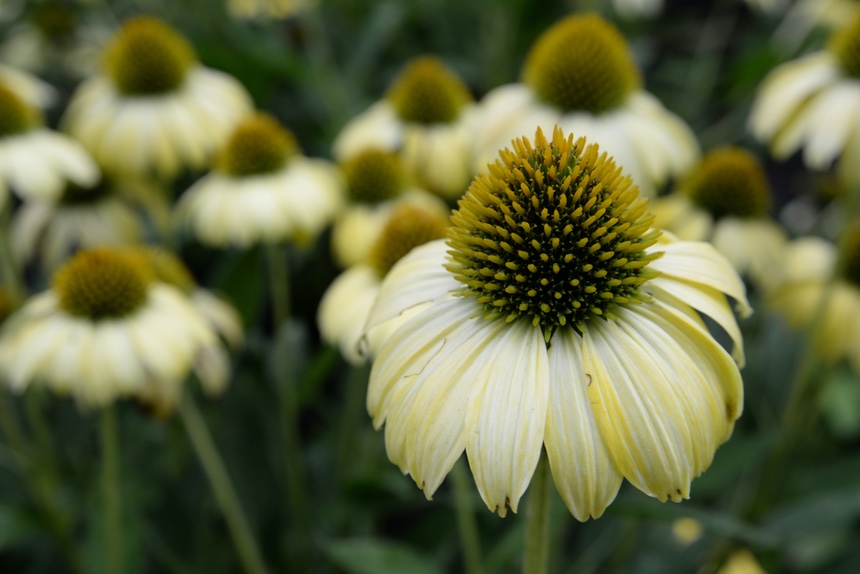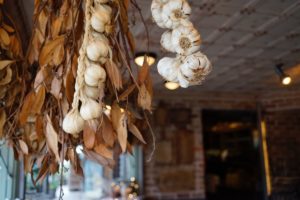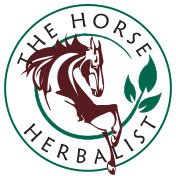
The Cold Season
So many locations all over Australia are experiencing ‘different’ weather patterns. Temperatures swing wildly from summerlike one day to chilly winter the next. Horse owners can find their rugged horse has either been sweating all day or the temperature dropped 15 degrees and their unrugged horse was cold. Ideal conditions for coughs, colds and chills.
Horse owners can find their rugged horse has either been sweating all day or the temperature dropped 15 degrees and their unrugged horse was cold. Ideal conditions for coughs, colds and chills.
If a horse has a runny nose and eyes may be a little wet, they could be coming down with a cold. The earlier action is taken, the better the outcome. As soon as there is a suspicion the horse may be succumbing to a chill, fever or cold, that’s the best time to start giving the horse’s immune system some help to shake it off quickly before it becomes entrenched.
If symptoms are evident, take the horse’s temperature morning and evening (normal temperature is between 37 and 38 degrees). Keep a record in case a veterinarian is required at a later date. For mild symptoms some of the following herbal remedies may be effective in preventing further complications.
 Ginger rhizome (Zingziber officinale)
Ginger rhizome (Zingziber officinale)
Fresh ginger root has been scientifically proven to be effective against the common cold. Dried ginger and ginger powder do not have the same therapeutic effect.
Finely slice a 3-5cm knob of fresh ginger root, add 1.5-2cups of boiling water, let cool and pour all the contents over feed. To treat a cold do this morning and evening for 5-7 days. Fresh ginger tea is also good for any sort of digestive weakness, bloat or travel sickness.
Garlic. (Allium sativum)
Nature’s antibiotic! Use fresh cloves preferably from Australian organically grown garlic. This is a powerful antibacterial which helps fight the common cold. (Not to be confused with the cheap imported or dry granulated garlic, which is often treated with toxic chemicals, both in the growing stage and at Australian Quarantine).
Chop or slice 2-3 cloves and either add to feed or any of your tea combinations. Garlic may be safely used over 2-3 weeks, but be aware prolonged consistent consumption by the horse may cause Heinz Cell Anaemia. Garlic is traditionally planted at the Autumn Equinox and harvested at the Spring Equinox – but this crazy weather has extended the growing window!
Thyme (Thymus vulgaris)
Antibacterial, antimicrobial, antifungal. Particularly effective in the upper respiratory tract. Thyme tea will quickly resolve sore throats, coughs and colds.
Ideally 5-10 sprigs of fresh plant or 1.5 teaspoons of dried herb. Add 2 cups of boiling water, let cool. Pour entire contents over feed. Dose 2-3 times daily reducing on improvement of symptoms.
(Be aware there are several subspecies of Thymus vulgaris which are low in phenol so of little therapeutic value). Thyme is easy to grow at home in a sunny spot.)
Nasturtium (Nasturtium officinale)
Nasturtium has broad antibiotic and antifungal actions. Nasturtium leaves and flowers are useful for any respiratory conditions. Add to a tea.
NB: Teas, decoctions and infusions (also known as tisanes) extract all the water soluble constituents into the fluid medium, so are utilised in the system more rapidly than ingesting the herb itself.
Echinacea Root (Echinacea angustifolia and Echinacea purpurea)
Use for all acute or chronic infections including the common cold, respiratory conditions, catarrh, bronchial asthma or cough. The number one immune booster. Purchase dry root from a reputable herb supplier or health store or see your qualified herbal practitioner to access the standardised potent liquid extract. Pharmaceutical grade Echinacea is expensive but worth it! Buy the herbal decoction, which should send your tongue briefly numb if it is the real deal!
My clients find homeopathic Echinacea really help their competition horses, particularly whilst traveling from place to place where there’s often a horse with a cough or cold.
There are a myriad of herbs which are useful to help horses or humans to rid their bodies of any cold and flu symptoms. Some of these are Andrographis, Elder Berry or Elder Flower, Horseradish, White Horehound and Yarrow.
Colloidal Silver
Colloidal Silver has been shown to effectively boost the immune system in many individuals. I have used it with both horses and humans; ask around for a good source, your health store practitioner should know.
Vitamin C
Horses benefit from 4-6 teaspoons or more on a daily basis if they have any kind of infection. It’s prudent to have a bottle of injectable Vit C in your stable fridge so you can inject it straight into a muscle if your horse is bitten by a snake. This will keep your horse alive until the vet arrives.
**If your horse does succumb to the nasal discharge and wracking cough of a cold or flu, Cough it Up will help your horse remove the mucus from his lungs, airways and nasal passages, and stimulate the immune system to motivate the body’s own natural healing response.
This article appears courtesy of Hoofbeats Magazine from the August/September 2016 edition. Angela Davison contributes as part of the Green Horse Team, and delivers hands-on herbal advice to readers. Visit http://www.hoofbeats.com.au/ for subscription details.
IMAGES
Echinacea – Thanks to Laura Ockel @viazavier for making this photo available freely on Unsplash
Garlic – Thanks to Tony Liao @tonyxliao for making this photo available freely on Unsplash
